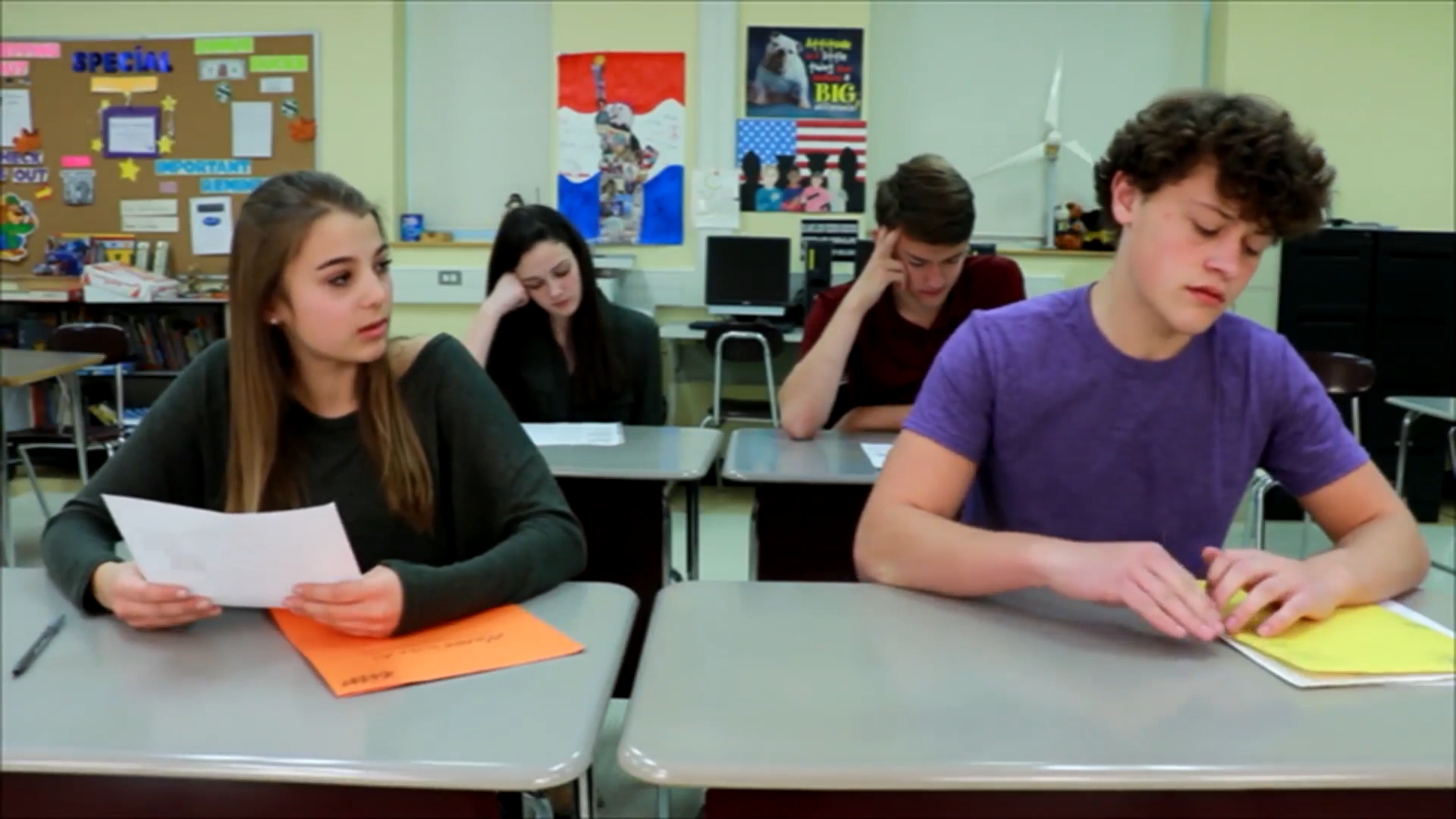Embarrassment is a common emotion experienced by students in elementary education. Developing skills to cope with embarrassment is essential for their wellbeing and academic success. In this blog post, we will delve into the target skill of coping with embarrassment and how it can be supported through Individualized Education Programs (IEPs).
Understanding Coping with Embarrassment
Coping with embarrassment is the ability for students to recognize and manage feelings of embarrassment, while staying calm and not acting out. This skill is crucial for maintaining healthy social interactions and emotional wellbeing. Mastering this skill also promotes resilience and fosters a positive learning environment.
The Role of Specialists
Various specialists can support the development of coping with embarrassment in elementary education:
- Speech-Language Pathologists: can help students develop communication strategies to express their feelings of embarrassment and seek support from peers or adults.
- Social Workers: can provide guidance on navigating social situations and building self-esteem to minimize feelings of embarrassment.
- Psychologists: can work with students to develop coping strategies and enhance emotional regulation skills.
- School Counselors: can facilitate group activities and discussions to promote understanding and empathy among peers, helping students feel more comfortable when experiencing embarrassment.
IEP Goals for Coping with Embarrassment
Here are some specific SMART IEP goals to help students improve their ability to cope with embarrassment:
- Goal: The student will identify and express feelings of embarrassment in an appropriate manner during 4 out of 5 opportunities within a six-week period.
- Strategies/Activities: Role-playing, social stories, and practicing self-calming techniques.
- Goal: The student will demonstrate resilience by identifying and applying positive coping strategies when feeling embarrassed in 80% of observed situations over a nine-week period.
- Strategies/Activities: Practicing positive self-talk, deep breathing exercises, and seeking support from peers or adults.
- Goal: The student will participate in group discussions and activities related to understanding and empathizing with feelings of embarrassment, showing improved peer interactions in 3 out of 4 opportunities over a three-month period.
- Strategies/Activities: Facilitating empathy-building exercises, group discussions, and cooperative learning activities.
Implementing and Measuring Progress
Follow these tips to implement the IEP goals and measure progress:
- Collaborate with specialists to ensure a comprehensive approach.
- Monitor and document progress through behavioral observations and data collection.
- Communicate with parents and caregivers about the student’s progress and any additional supports needed.
- Adjust goals and strategies as needed based on the student’s progress and unique needs.
Conclusion
Implementing effective IEP goals for coping with embarrassment can significantly improve students’ emotional wellbeing and social interactions. By working together with specialists and using evidence-based strategies, educators can help students develop the skills they need to navigate embarrassment in a healthy and positive manner. We encourage you to apply these IEP goals and explore more resources at Everyday Speech Sample Materials.







